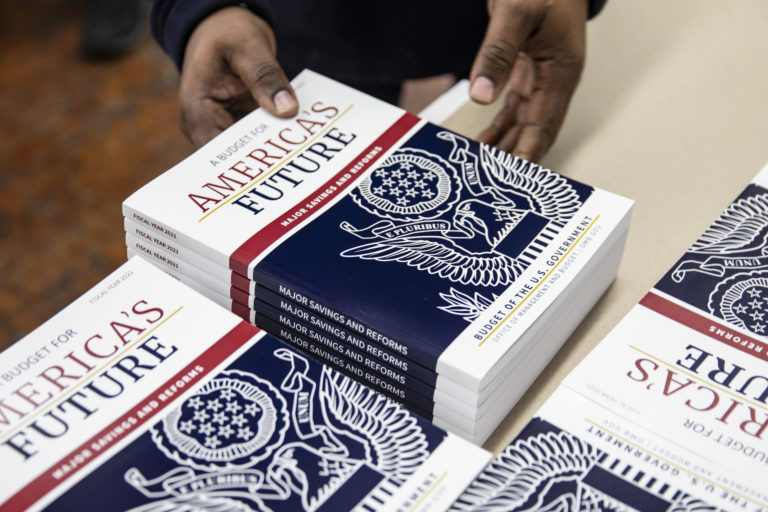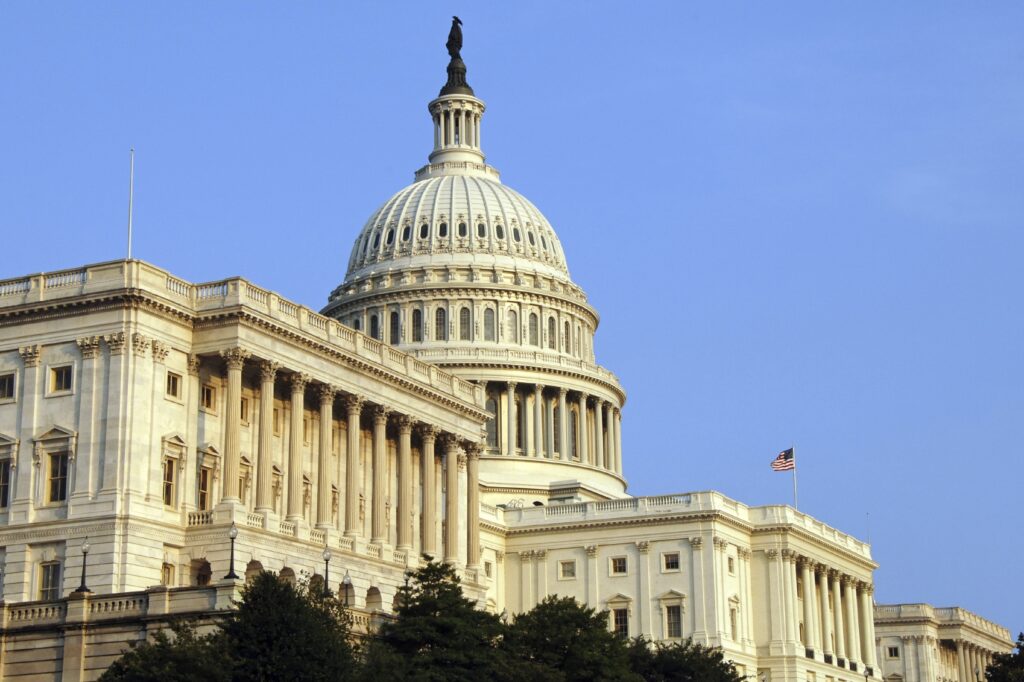Recent headlines have shone a spotlight on an obscure federal budgetary maneuver known as “impoundment.” Proposed by some members of the incoming Administration, impoundment is a way to stop the transfer of funds to agencies and programs that have already secured Congressional appropriations – including our obligations to the United Nations.
Here’s what impoundment means – and could mean for U.S. standing at the UN.
Impoundment Explained
To “impound funds” is to withhold federal funds that Congress has already allocated in a budget.
Although impoundment is not uncommon, it has been repeatedly ruled as unconstitutional. The U.S. Constitution gives Congress explicit budgetary powers. The President, however, is responsible for allocating those authorized funds through the White House Office of Management and Budget.
“Although impoundment is not uncommon, it has been repeatedly ruled as unconstitutional.”
Instances of impoundment by a President were relatively rare in American history until the Roosevelt administration, when the President impounded monies for nonessential programs during the war. When President Nixon began his own run of controversial impoundments, Congress decided to tighten its Constitutionally-protected grip on the purse strings. In 1974, the bipartisan Impoundment Control Act (ICA) was passed, establishing rigid protocols that the President must follow to reduce or defer funds.
Since passage of the ICA, Presidents have generally resisted impoundment, with President George W. Bush requesting none at all during his tenure.
Impoundment Control Act
The ICA categorizes impoundment in two ways: rescissions and deferrals.
Rescissions require the President to seek Congressional approval to withdraw funds that Congress has appropriated. This comes in the form of a special memo detailing the amount proposed for rescission, along with justifications and expected impacts. If Congress does not respond to the request within 45 legislative days, withheld funds must be released. Certain funds in appropriations bills are ineligible for rescission, including benefit payments like Social Security, Medicare and Medicaid.
Deferrals allow the President to delay spending allocated funds under certain conditions, such as unforeseen contingencies or under the guise of “improved operational efficiency.” Deferrals similarly require communication with Congress and cannot persist beyond the fiscal year in which they were implemented.
Legal Challenges
Over the years, several court cases have been brought by both sides. Most notably, the Supreme Court unanimously held in Train v. City of New York that even without the ICA, the President does not have the unilateral authority to impound funds. Later, as explained by the General Counsel of the Government Affairs Office, the body that enforces the ICA, “The president doesn’t have any constitutional authority to withhold, doesn’t have any inherent authority to withhold.” And even before passage of the ICA, then-Assistant Attorney General William Rehnquist found that the “existence of such a broad power” to impound is “supported by neither reason nor precedent.” In 1988, Assistant Attorney General Charles Cooper concluded, “There is no textual source in the Constitution for any inherent authority to impound.”
“There is no textual source in the Constitution for any inherent authority to impound.”
Impoundment’s Impact on U.S. Standing and UN Operations
Nevertheless, America now finds itself confronting the very real possibility of impounding funds for the United Nations. That likelihood exacerbates the already problematic U.S. payment schedule and our mounting debt, undermining the UN’s ability to ensure continuity of services and creating major liquidity challenges at the organization.
What’s more, these financial tactics send a dangerous message to U.S. allies who depend on UN services and may increasingly doubt America’s reliability. Conversely, for our adversaries, the threat of impoundment combined with persistent budgetary delays are routinely raised as proof that the U.S. is unreliable and lacks the same sound fiscal policies that we demand of the UN.
It’s important to note that even as the Administration dangles a very dangerous threat to defer payments to the UN, there are some promising indications that the U.S. seeks a strong presence at the UN – most notably evidenced by the naming of a U.S. Ambassador to the UN among the first Presidential appointments. But maintaining a strong presence at the UN – and on the world stage – requires that the U.S. follow through on our commitments.
We can start by paying our dues.




